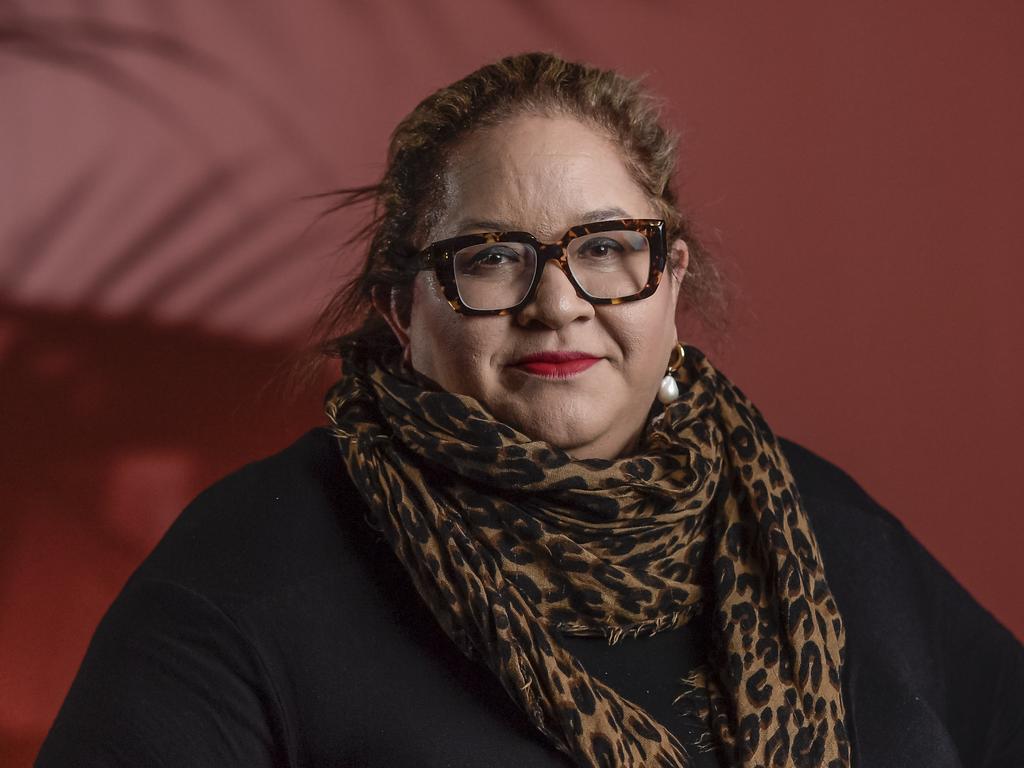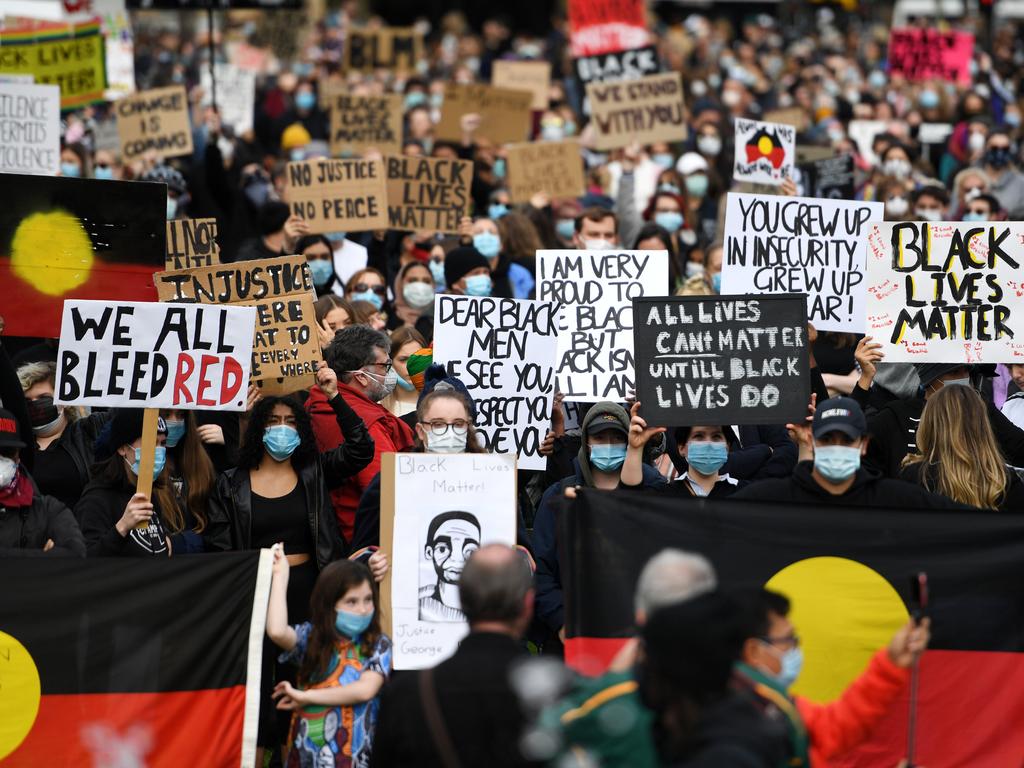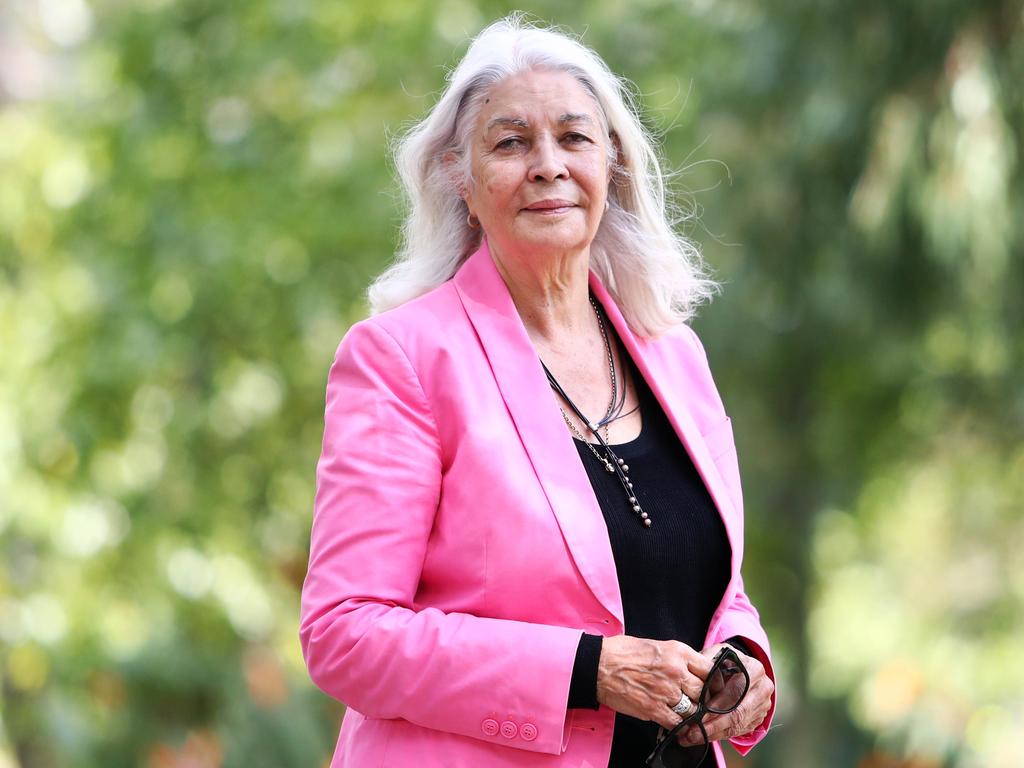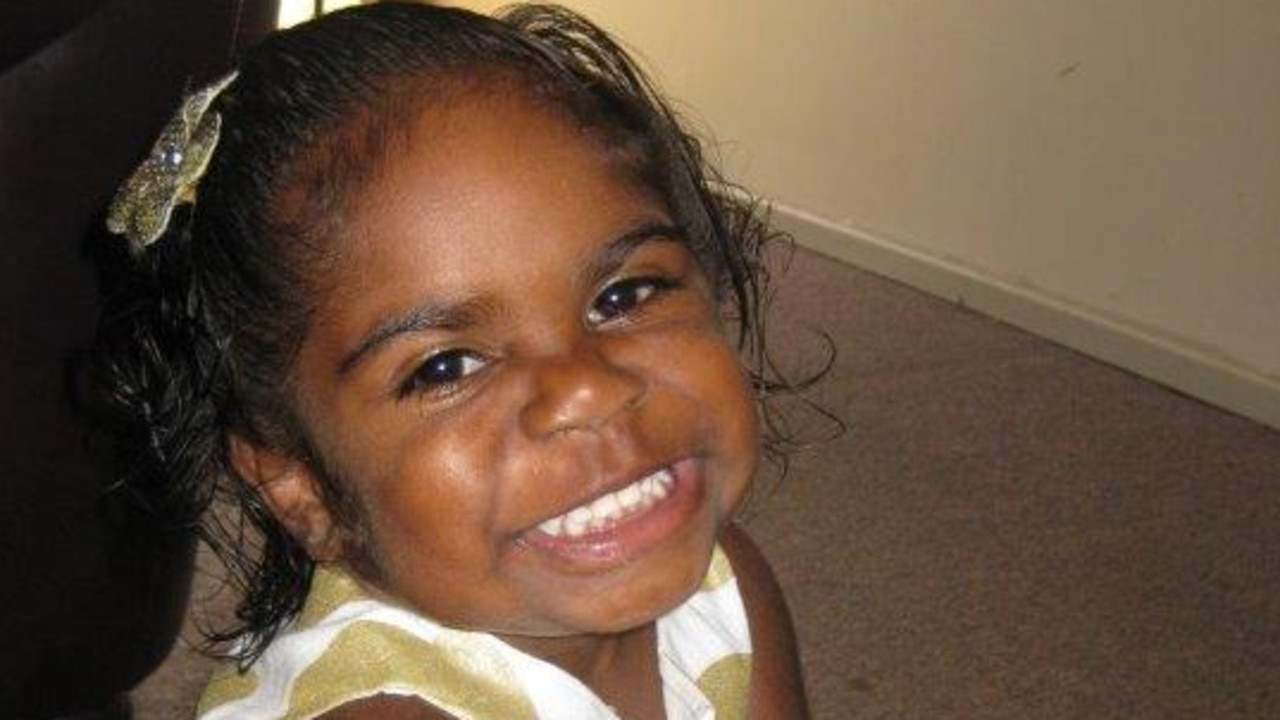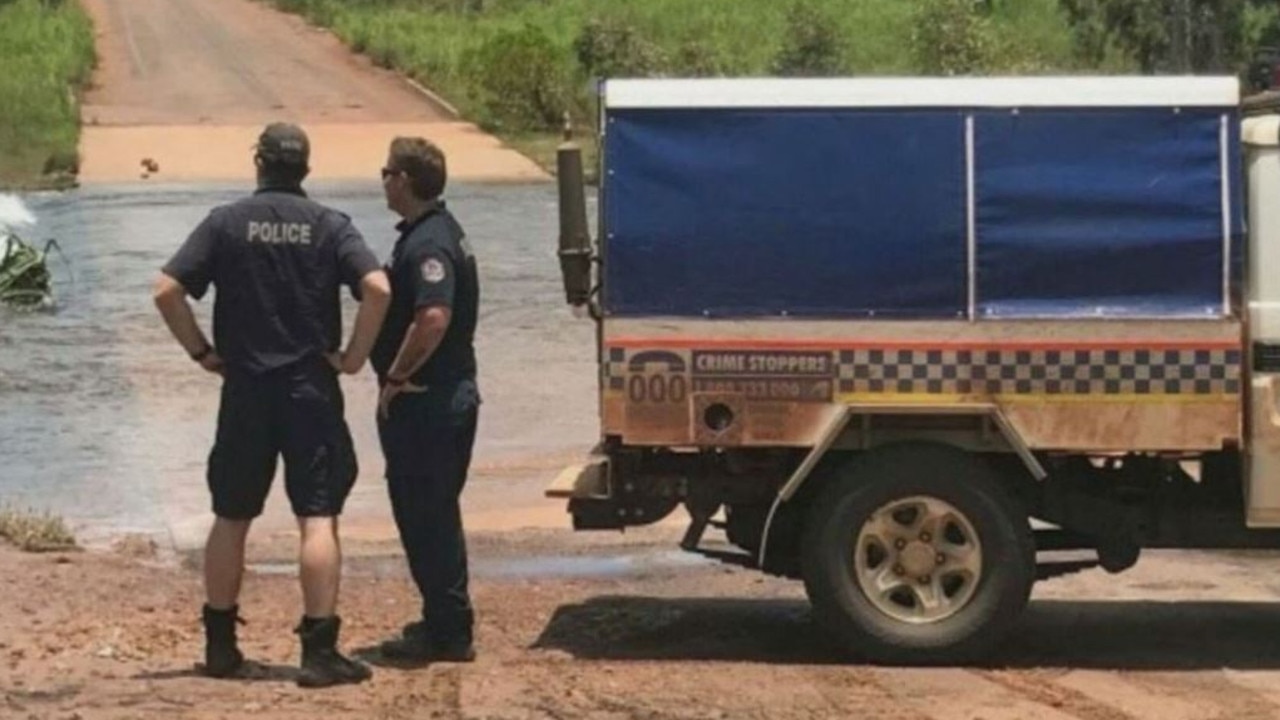Rushed Indigenous voice ‘not the priority’, says Liberal MP Kerrynne Liddle
SA’s first federal indigenous MP has come out against the voice, saying the plan lacks detail and is being rushed to meet an arbitrary deadline.
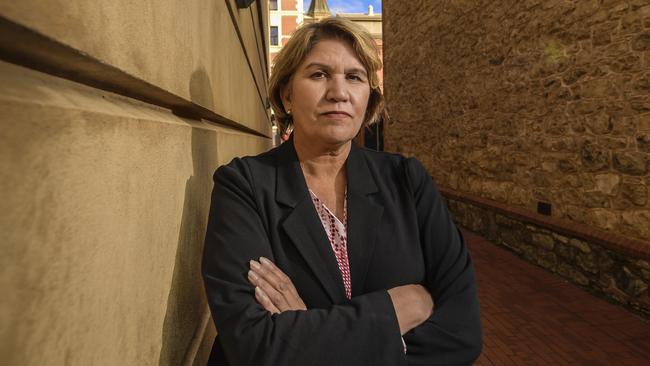
South Australia’s first federal Indigenous MP has come out against the voice, saying the plan for constitutional change lacks detail and is being rushed to meet an arbitrary deadline.
Senator Kerrynne Liddle told The Australian she also feared that the focus on the voice could distract from the real-life challenges documented by Closing the Gap, meaning remote Aboriginal people would continue to face poor outcomes as so much time and energy was spent on a city-based discussion over constitutional reform.
Both of the Coalition’s current crop of Indigenous parliamentarians – Senator Liddle and Northern Territory senator Jacinta Price – are now on record as criticising the voice, putting pressure on Peter Dutton to ultimately oppose the referendum.
Senator Liddle, a former journalist and employment services executive, said she had been surprised to see advocates of the voice propose that a referendum be held as soon as May 27 next year, coinciding with the 56th anniversary of the 1967 referendum that gave the commonwealth the power to make laws for Indigenous Australians and count them in the census.
Writing in The Weekend Australian on Saturday, Uluru Dialogue co-chair and University of NSW professor Megan Davis canvassed a 2023 target for constitutional change.
“The timeline they are talking about surprised me,” Senator Liddle said.
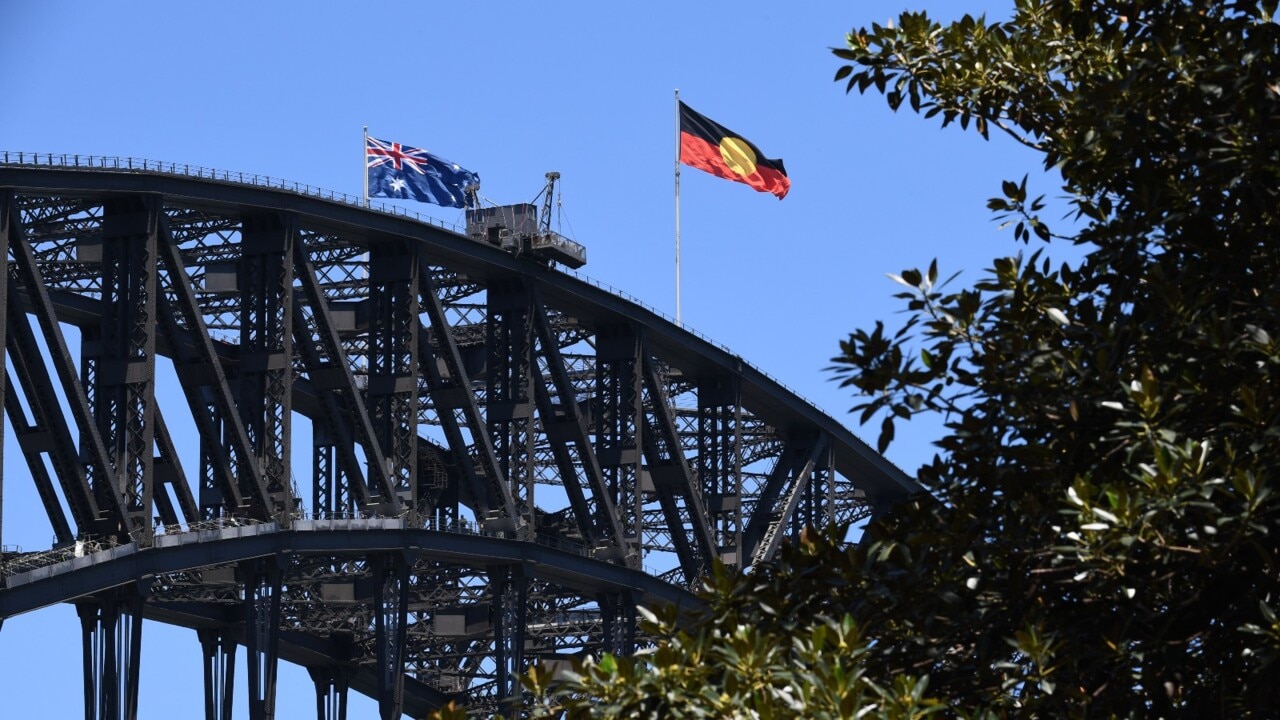
“The idea of linking it to the anniversary of the referendum makes it less than a year away.
“You can’t just rush these things through in order to meet a certain date.
“The critical thing is they have to explain the detail. If people are going to go to a referendum and say yes, the details have to be settled first.
“How can you possibly agree to something where you don’t know the detail? The deadline is far too close if that’s the deadline that the government is aiming for.”
Senator Liddle said those advocating change needed to do a much better job of explaining what they were proposing, saying she had been unable to see much clarity over how a voice would work.
She said that she had long been a supporter of the Recognise campaign but that the Uluru statement shifted well beyond that in a way that was light on detail.
“There is no question what is being asked for now is different from during Recognise,” Senator Liddle said.
“I am struggling with how you translate the commentary we are hearing into something that will actually work.
“In my professional life, I have always wanted to understand the evidence, understand what the outcomes from a position are going to be. I just don’t think at this point that it has been explained enough.”
Senator Liddle has worked in the private and public sector and served as a board member for both Adelaide University and University of South Australia.
She was working as a senior adviser to former human services minister Anne Ruston ahead of her election to the Senate at the May federal election.
An Arrernte woman who grew up in Alice Springs, she comes from a family with a strong work ethic that was instilled into her and her four siblings by her education-obsessed parents.
She has just returned to Adelaide from a road trip to see her parents in Alice Springs ahead of her swearing in as a senator, saying some of the problems she saw with lawlessness and poverty during her visit were a reminder that Australia needed “outcomes-focused” Indigenous policies.
“For someone who is sitting in a remote or regional area, I am not sure if waiting for the construction of a voice is something they are going to be satisfied with or even interested in,” she said.
“They have got other more immediate issues such as health, trauma, incarceration. All of those things are going to be much more forward in their thinking.
“They’re the real issues every single day that people face.
“While we are having lots and lots of conversations about the voice, critical everyday issues also need to be at the forefront that are related to Close the Gap.”
The South Australian parliament is moving ahead with the creation of its own voice to parliament regardless of what does or doesn’t happen at the federal level.
Senator Liddle also warned that there was little clarity around how state and federal voices would complement each other, and she was worried they could result in duplication and even the sidelining of existing organisations that provide advice on the impact of policies on Indigenous communities.
“I want more understanding about how that feeds into a national voice and doesn’t result in duplication,” she said.
“I am not convinced at this stage that a group of elected people are necessarily the best people to provide advice on the laws that affect them. I know there are a number of people who have talked to me privately who are very concerned with losing their own voice among the voice that is being contemplated. There are many questions that haven’t been answered, such as whether what’s being proposed is a voice to parliament or a voice to government.”


